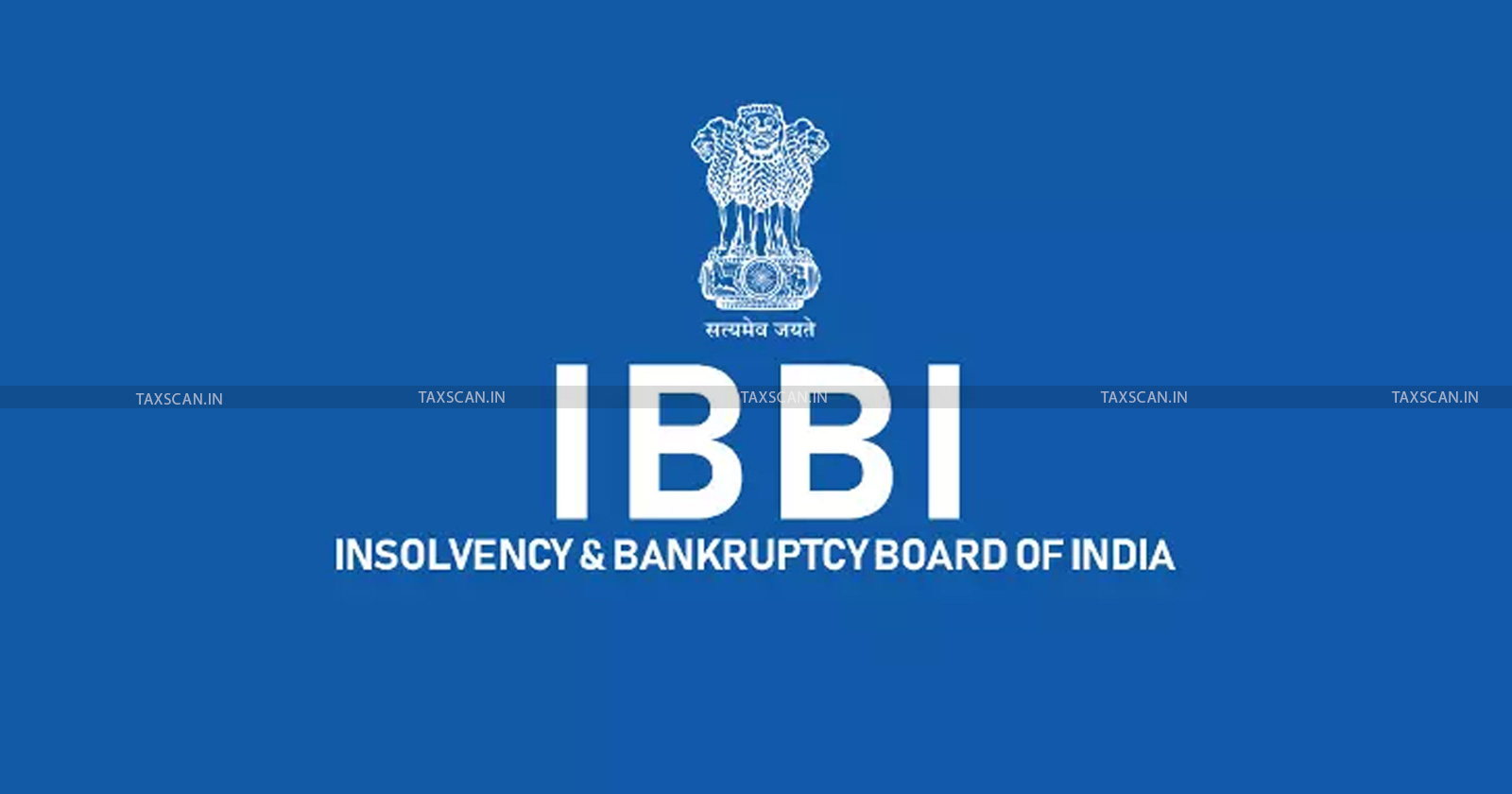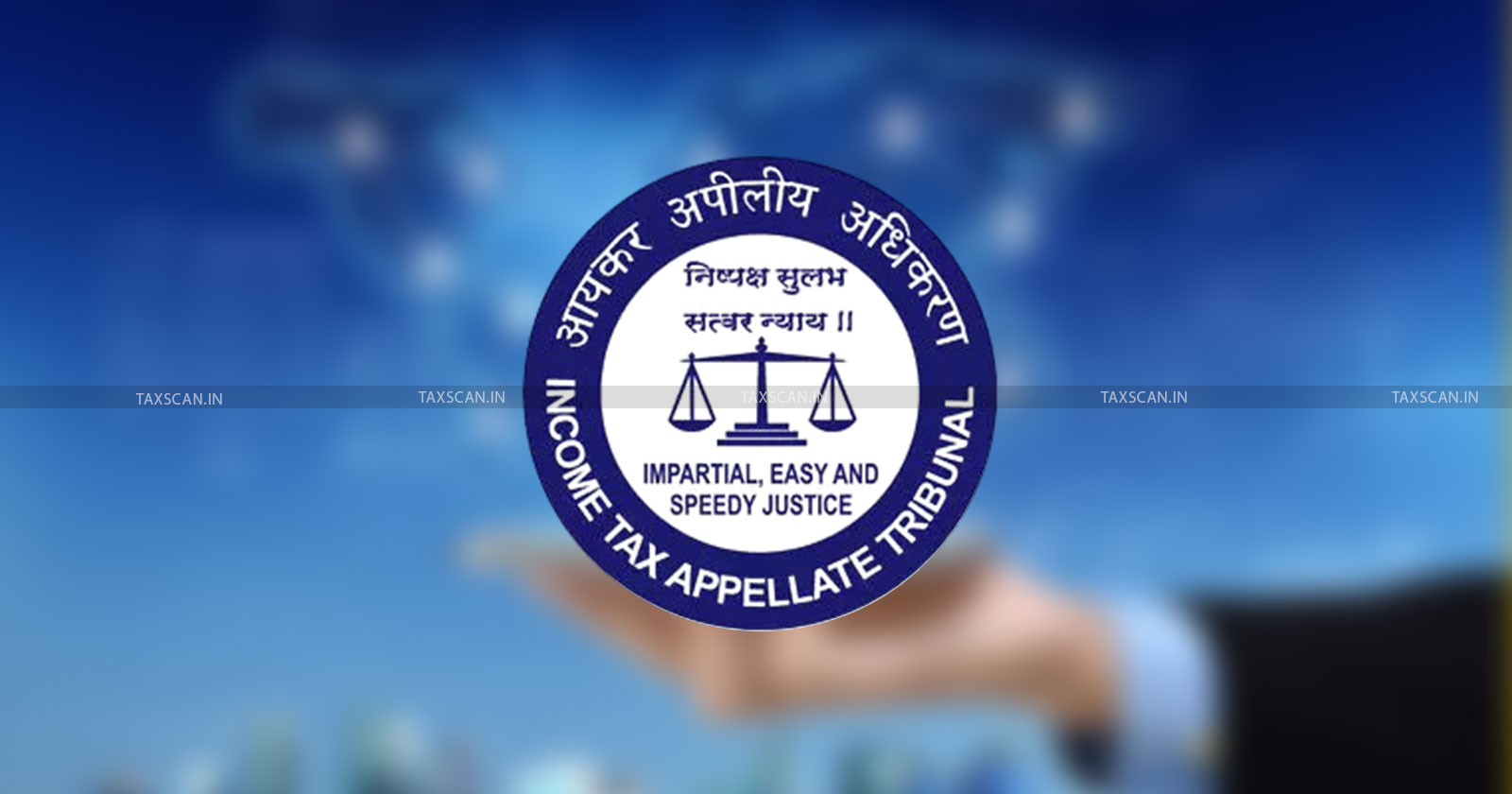Improper Email Service and CA’s Demise is Valid Cause for Non-Compliance: ITAT restores Income Tax Appeal for Fresh Hearing [Read Order]
The Tribunal held that these lapses deprived the appellant of a fair opportunity to present its case, warranting a remand for fresh consideration
![Improper Email Service and CA’s Demise is Valid Cause for Non-Compliance: ITAT restores Income Tax Appeal for Fresh Hearing [Read Order] Improper Email Service and CA’s Demise is Valid Cause for Non-Compliance: ITAT restores Income Tax Appeal for Fresh Hearing [Read Order]](https://images.taxscan.in/h-upload/2025/09/23/2090142-email-service-ca-valid-cause-for-non-compliance-taxscan.webp)
The Income Tax Appellate Tribunal (ITAT), Bangalore, has restored an appeal for fresh adjudication after finding that appellate notices were largely issued to incorrect email addresses and that the demise of the appellant’s Chartered Accountant constituted a reasonable cause for non-compliance.
The appellant Sri Guru Thipperudraswamy Devasthana, is a notified Hindu Religious Institution. During the demonetisation period, the appellant deposited ₹29,54,393 lakh in its Canara Bank account but did not file a return of income.
 Also Read:RTI Act does not covers Redressal of Grievance, Non-compliance of rules, etc: IBBI [Read Order]
Also Read:RTI Act does not covers Redressal of Grievance, Non-compliance of rules, etc: IBBI [Read Order]
Based on Operation Clean Money data, the Assessing Officer (AO) discovered total credits of ₹4,85,49,050 crore, including cash deposits of ₹2.39 crore and ₹7.55 lakh in demonetised notes. As no explanation was offered, a best judgment assessment under Section 144 was passed, treating the entire sum as unexplained money taxable under Section 69A, denying exemptions under Sections 11 and 12, and assessing total income at ₹4.85 crore.
The appellant challenged this in appeal before the Commissioner of Income Tax (Appeals) [ CITA(A) ] who dismissed the appeal for non-compliance and failure to respond to multiple notices.
Understanding Common Mode of Tax Evasion with Practical Scenarios, Click Here
The appellant, represented by Annamalai, argued that it was a notified charitable and religious institution entitled to exemption under Section 10(23BBA) of the Act. It was submitted that non-filing of the return was a bona fide belief based on such exemption. The appellant argued that the addition under Section 69A of the Income Tax Act, 1961 was not applicable and sought restoration of the matter for a fresh hearing.
The appellant further contended that the CIT(A) issued notices to incorrect email addresses, and therefore the appellate proceedings were conducted without affording it a proper opportunity of hearing. It was also pointed out that the appellant’s Chartered Accountant had passed away during the course of proceedings, further preventing compliance.
 Also Read:Notice by Non-Jurisdictional AO Invalid: ITAT Renders Addition u/s 69A Void Ab Initio [Read Order]
Also Read:Notice by Non-Jurisdictional AO Invalid: ITAT Renders Addition u/s 69A Void Ab Initio [Read Order]
The respondent, represented by V. Parithivel, submitted that the appellant had repeatedly failed to respond to the notices issued both under the Income Tax Act, 1961 and the appellate proceedings, hence the appellate order was based on material on record and confirmed the addition under Section 69A of the Act.
It was further submitted that the addition was justified due to non-compliance and unexplained credits, and the appellate authority had issued multiple notices to the email IDs provided earlier, which were unresponded to by the appellant.
The Bench consisting of Judicial Member, Keshav Dubey and Vice President, Prashant Maharishi, examined the records and noted discrepancies in the email communication for the notices. The Tribunal held that except for one notice, the appellate notices were not served to the correct email ID provided by the appellant in its Form 35. Moreover, the demise of the appellant's chartered accountant was a genuine cause for non-compliance.
Understanding Common Mode of Tax Evasion with Practical Scenarios, Click Here
The Tribunal noted that the AO had relied on Operation Clean Money data and information gathered from Canara Bank under Section 133(6) of the Income Tax Act, 1961, which revealed cash deposits and total credits in the appellant’s bank account.
The Tribunal observed that the CIT(A) upheld the AO’s order without independently addressing the merits of the appellant's grounds of appeal. The Tribunal directed restoration of the matter to the assessing officer with clear instructions to conduct a fresh assessment after providing the appellant a proper opportunity of hearing and to verify the correctness of the cash credits claimed as exempt under the Income Tax Act, 1961.
Thus, the appeal was allowed for statistical purposes.
Support our journalism by subscribing to Taxscan premium. Follow us on Telegram for quick updates



